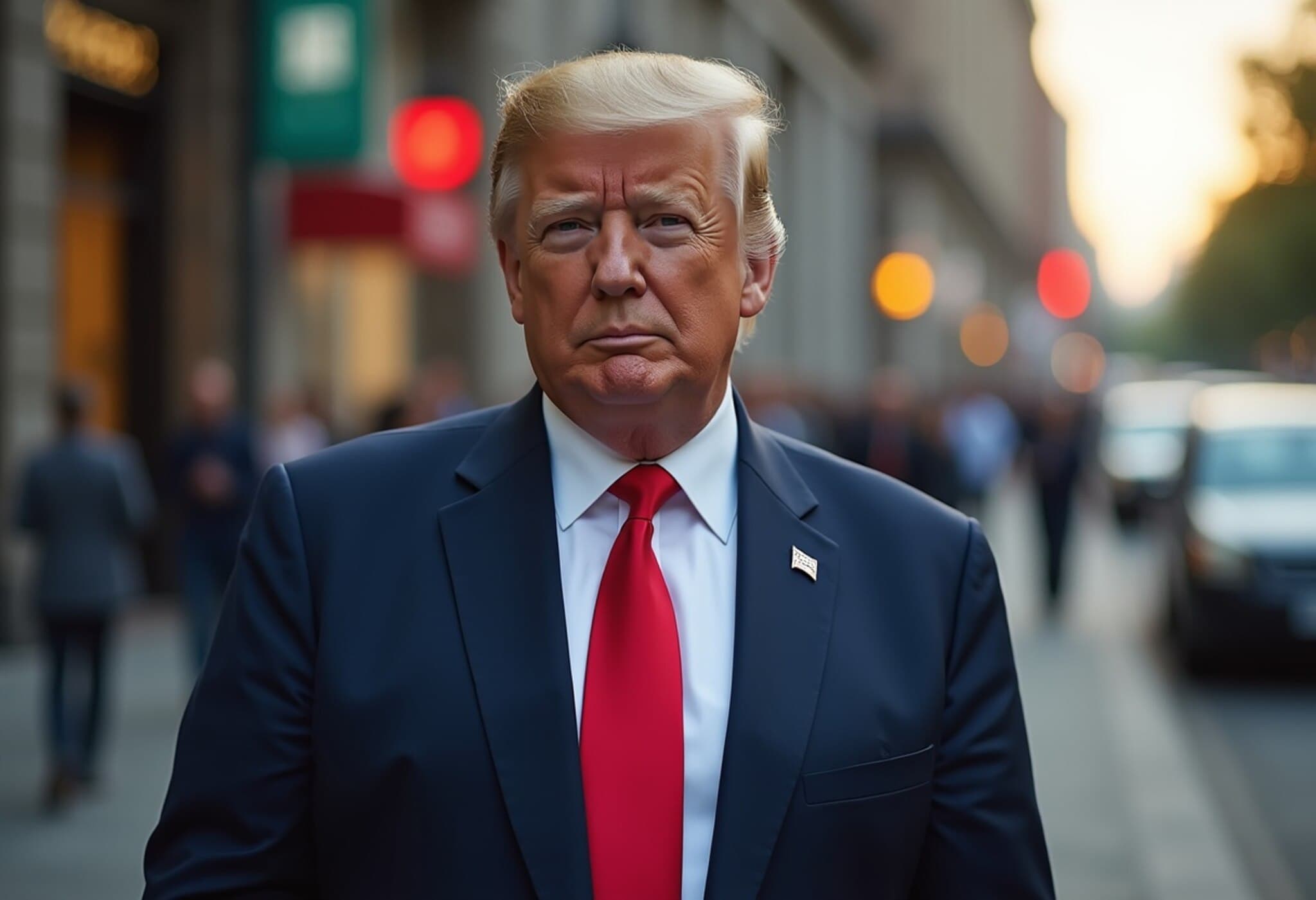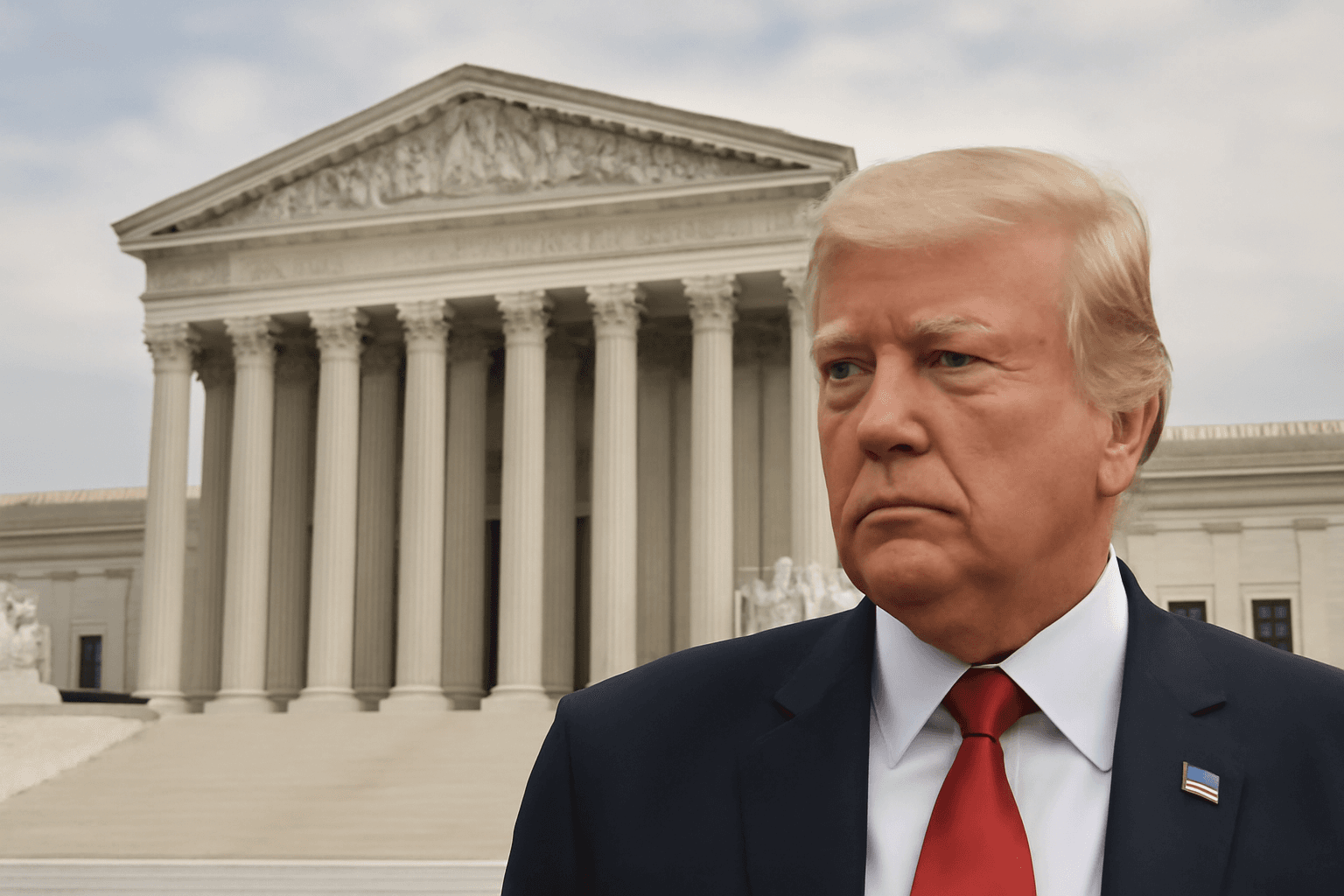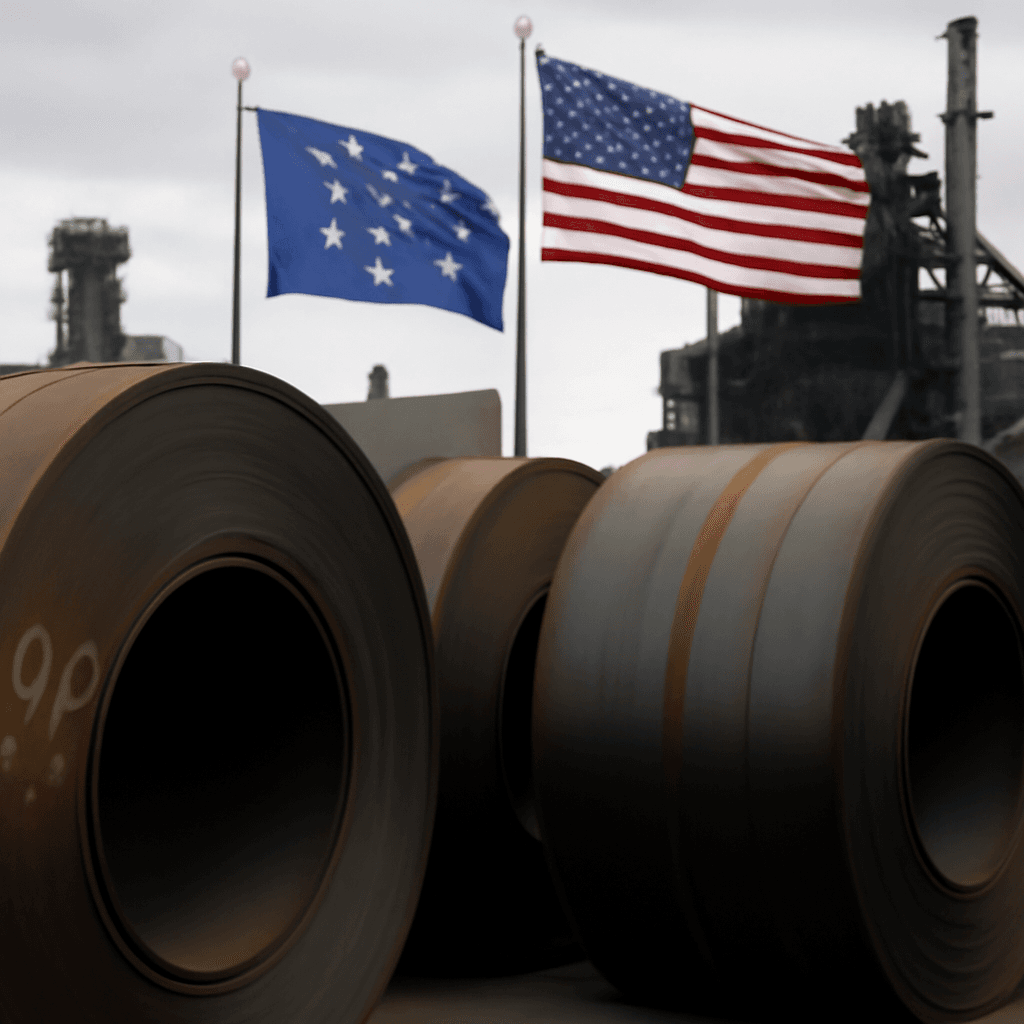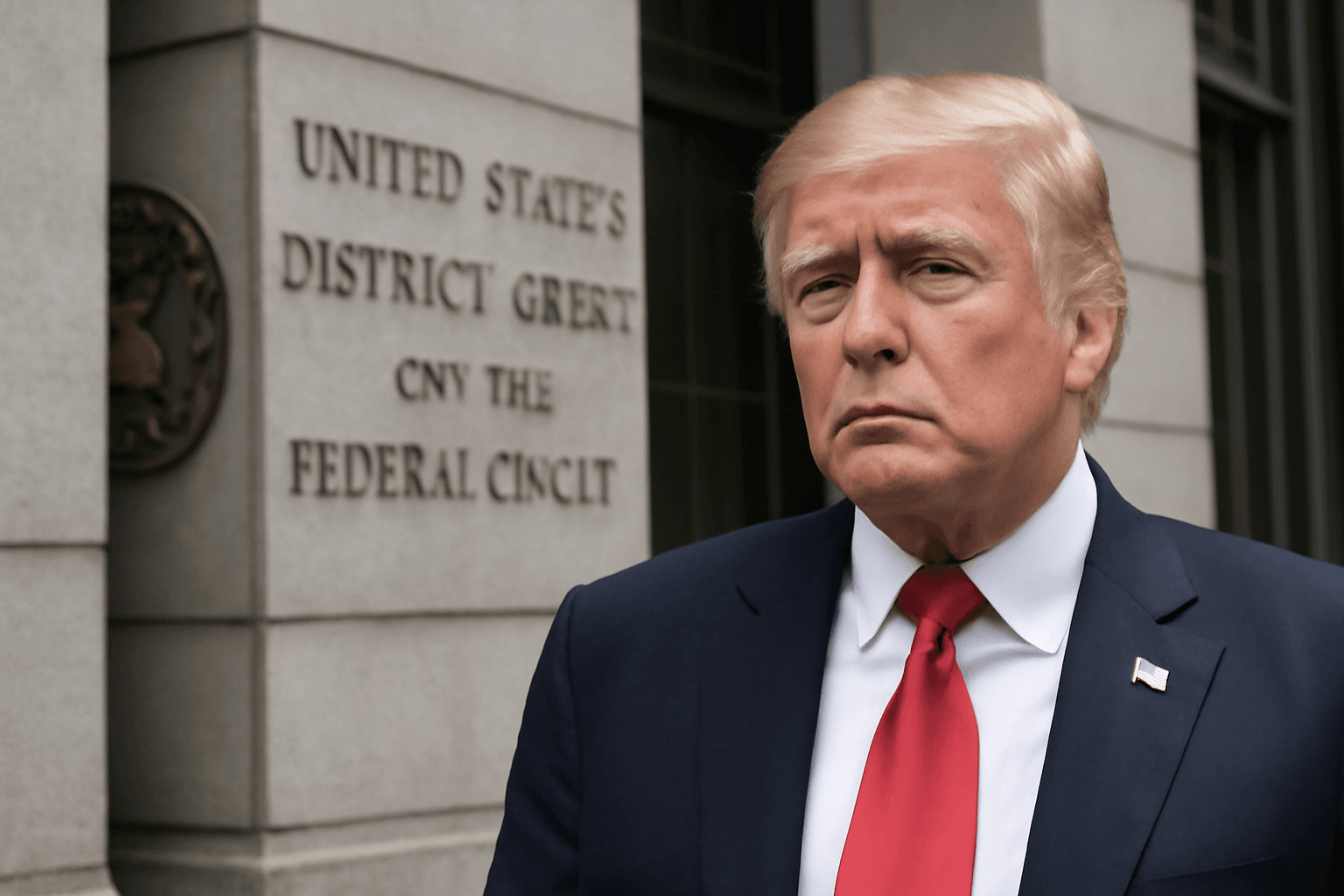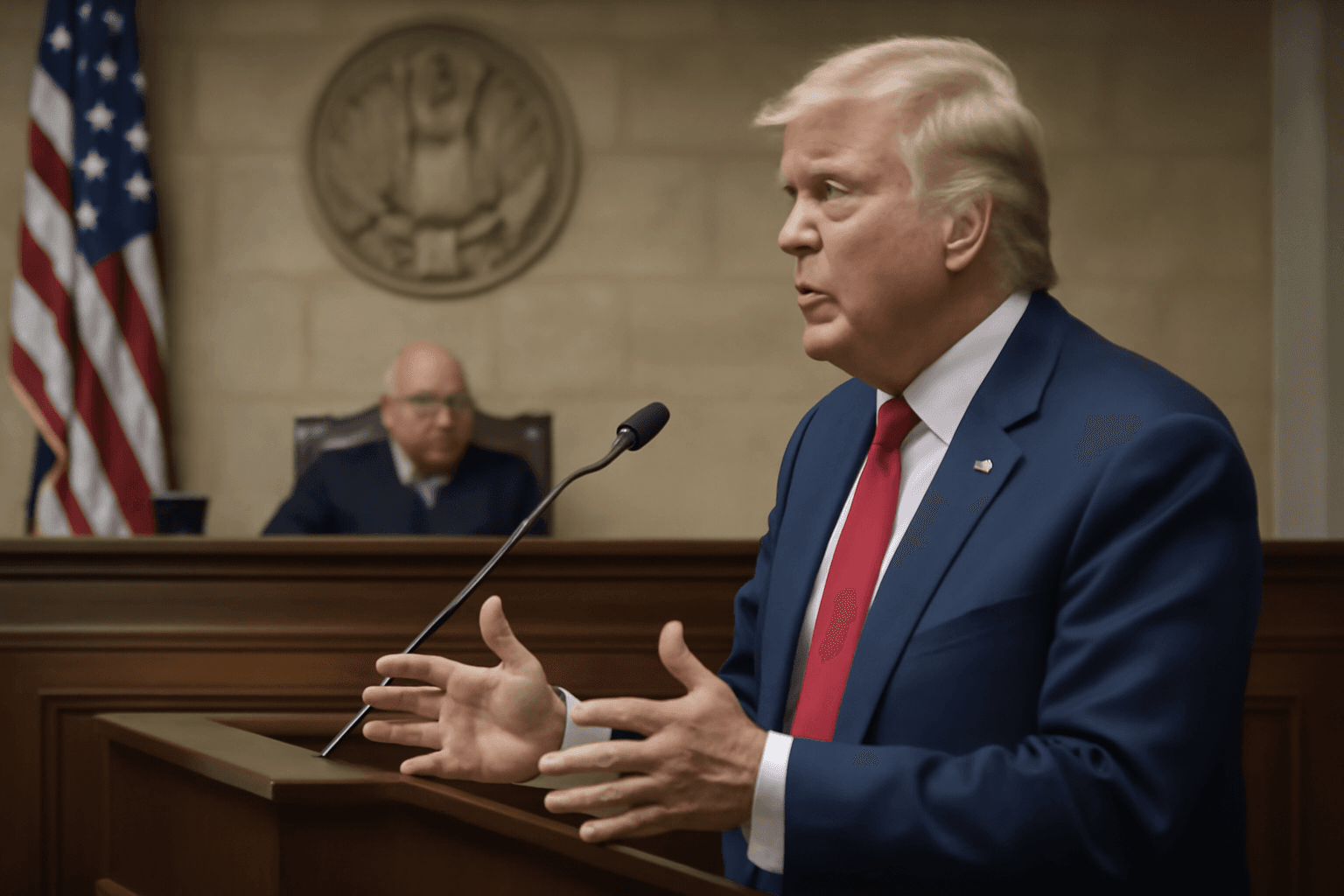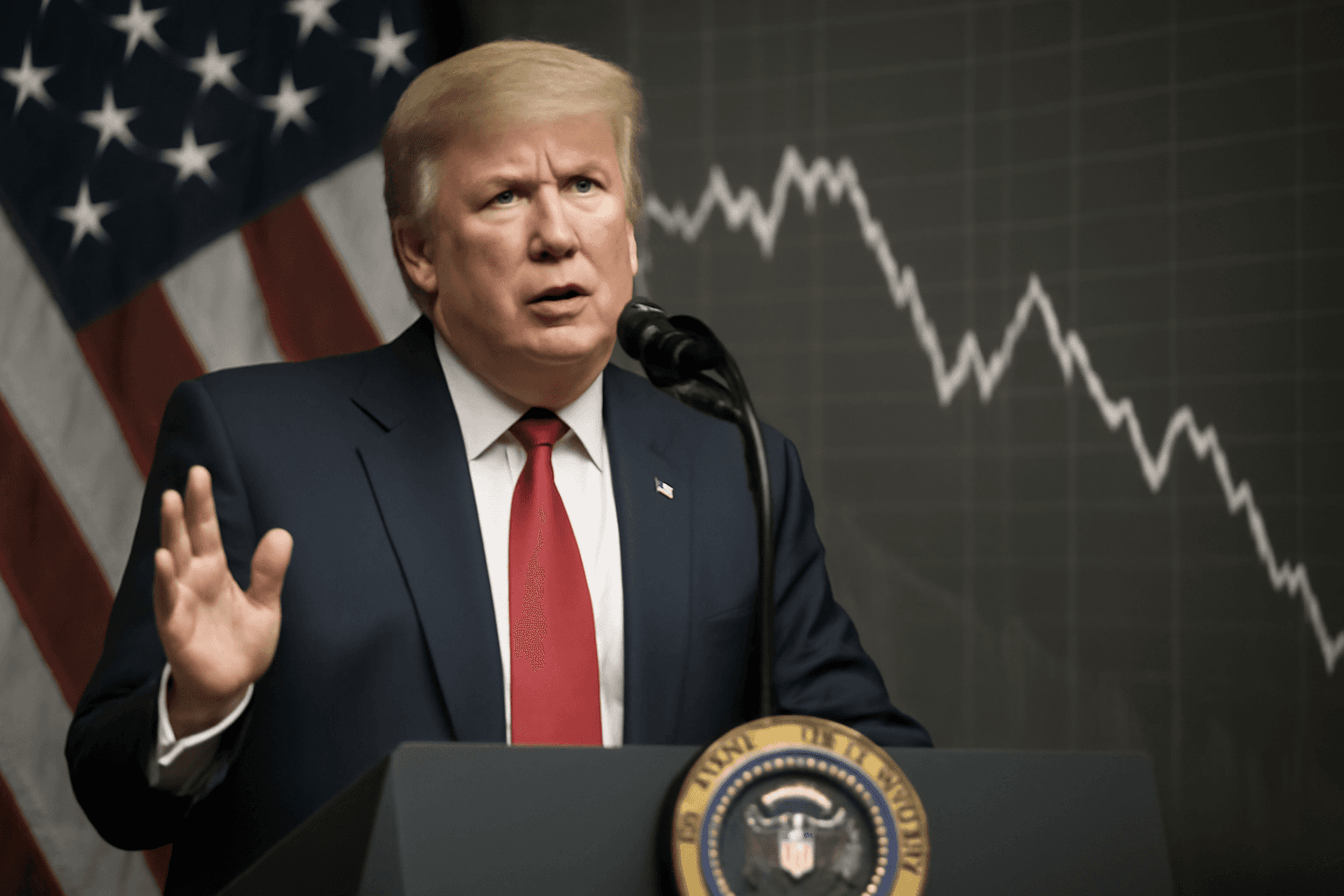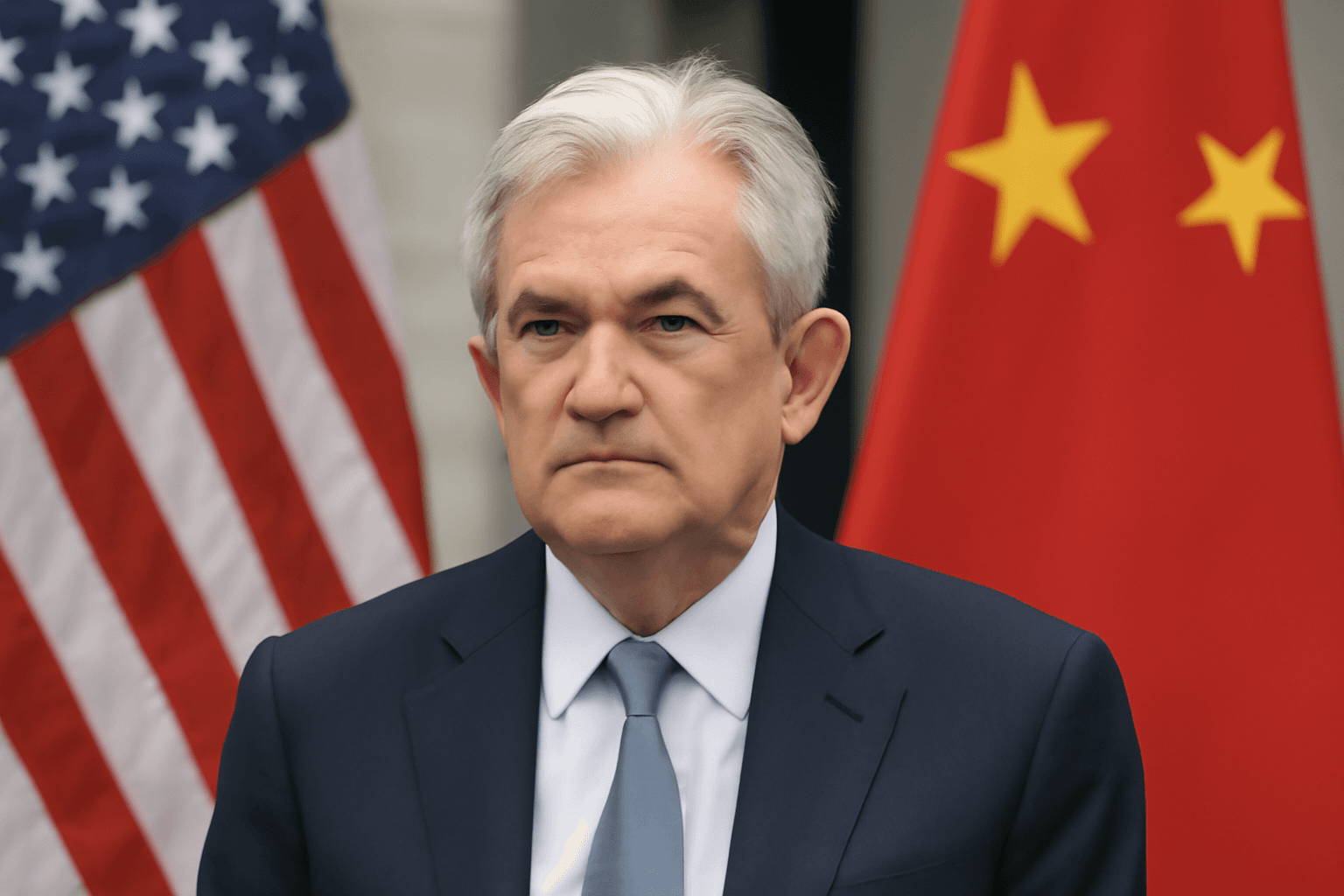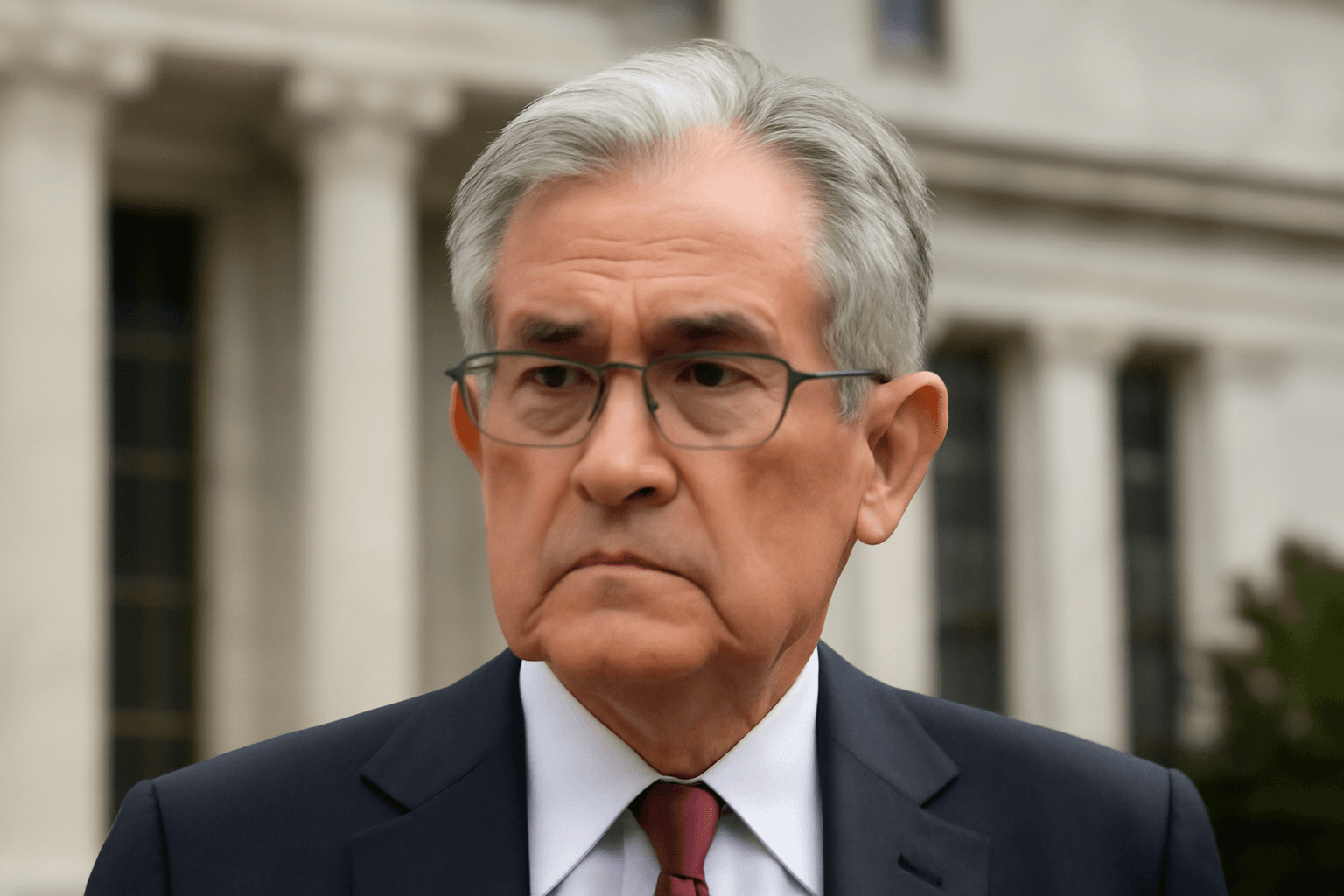Stock futures experienced a brief surge following a recent ruling by a U.S. federal trade court that blocked President Donald Trump's reciprocal tariffs. This decision initially prompted a rally on Wall Street, with traders shifting from safe-haven assets like gold—which fell to a one-week low—toward riskier investments. However, while the court’s injunction prevents tariffs that could negatively impact corporate profit margins and drive up consumer prices, it introduces additional uncertainties as investors attempt to navigate persistent trade tensions.
Grace Fan, a global policy analyst at TS Lombard, cautioned that the ruling may complicate international negotiations. She noted it could reinforce Beijing's perception of the U.S. as a 'paper tiger,' potentially prolonging the trade war and delaying meaningful concessions.
Despite the setback, Trump retains alternative legal options to impose tariffs. For example, under Section 122 of the 1974 Trade Act, the administration can issue tariffs up to 15% on specific sectors. Furthermore, the administration is expected to appeal the court’s decision.
Adam Crisafulli of Vital Knowledge emphasized that the tariff dispute is far from over, warning that the president is likely to continue pursuing an aggressive trade agenda through other legal channels. Market reactions reflected this uncertainty: although Dow futures had surged by over 500 points overnight, the Dow Jones Industrial Average opened flat and the S&P 500 and Nasdaq pulled back from their highs. Bond yields declined after an earlier increase, while gold prices recuperated from their troughs.
Jamie Cox of LPL Financial told CNBC, "This ruling mainly extends the uncertainty surrounding the trade dispute’s resolution. Several anticipated trade deals are likely stalled, and if the administration wins the appeal, tariff measures may intensify." Cox added that, given the progress to date, the court’s decision might limit executive actions without substantially resolving the underlying conflict.








